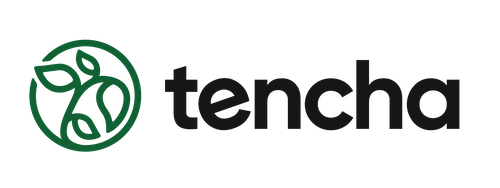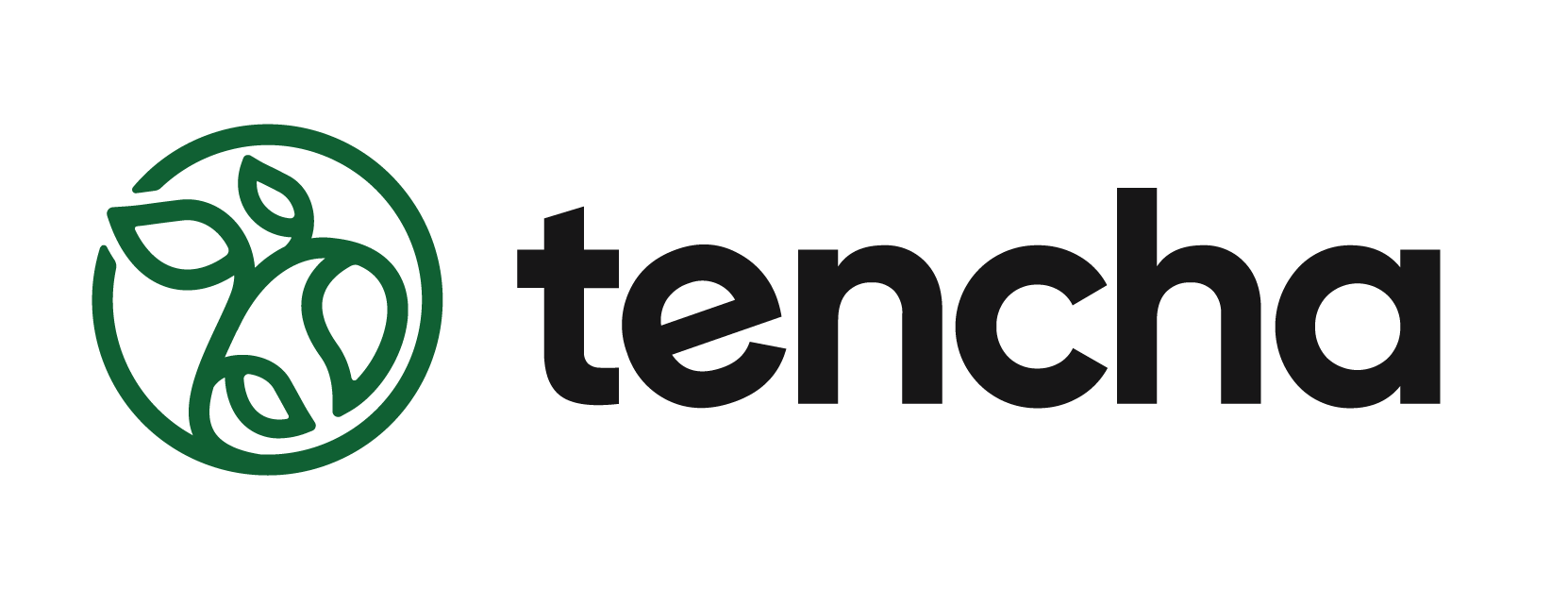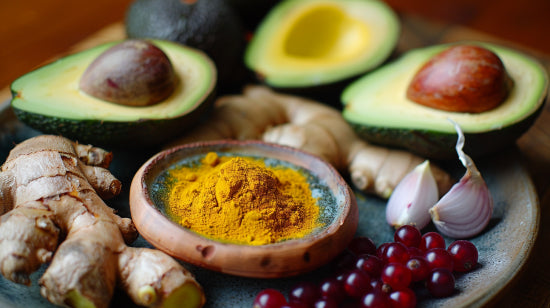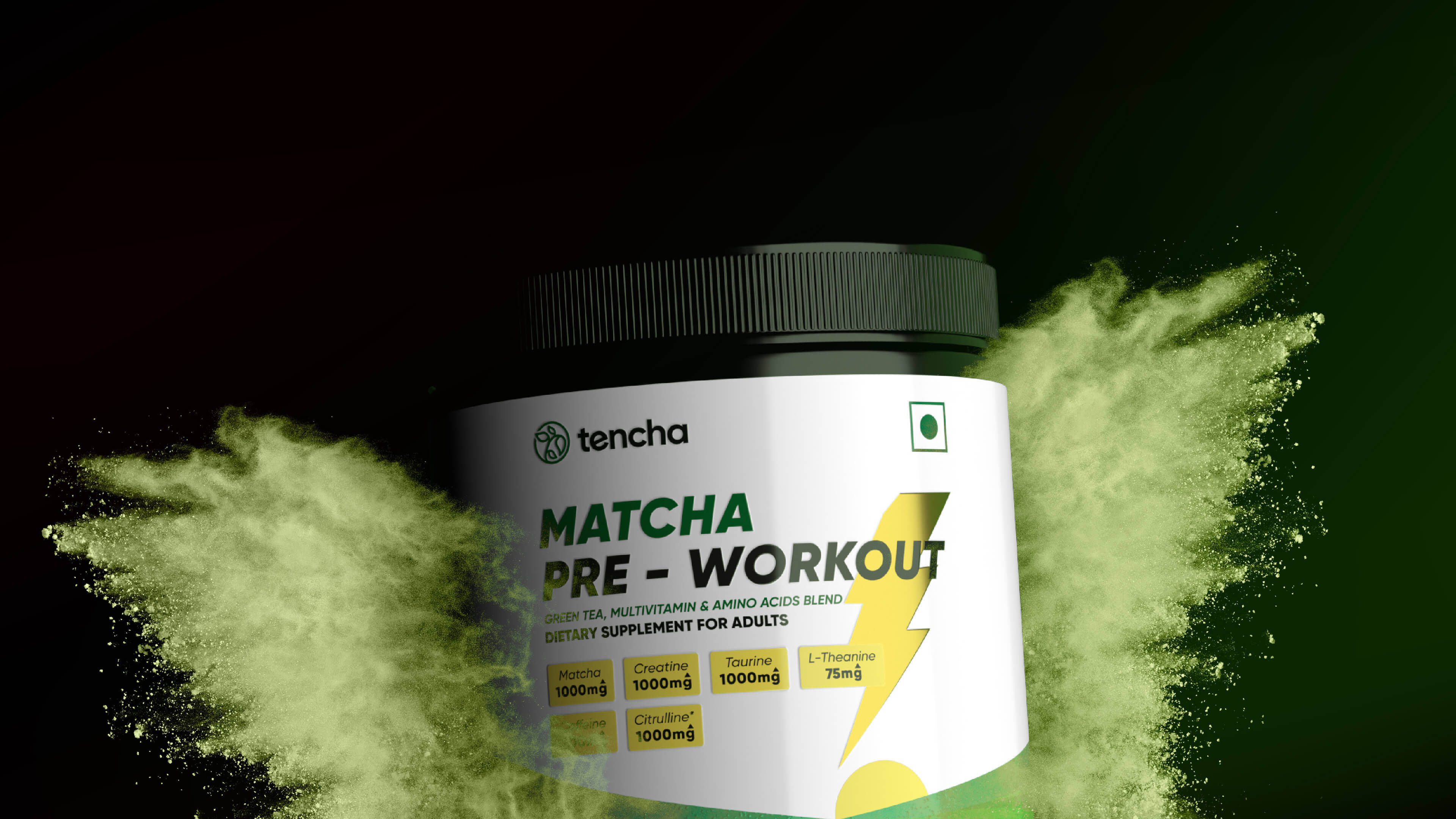Are you feeling sluggish, bloated or just not yourself? It may be time to focus on healing your gut. The health of our gut has a direct impact on our overall wellbeing and can affect everything from digestion to mental clarity.
Luckily, incorporating gut-healing foods into your diet is an easy way to start feeling better. In this blog post, we'll explore the best healing foods and share tips on how to incorporate them into your meals.
Introducing Gut Healing Foods
When it comes to gut health, the food we eat plays a significant role. Gut healing foods are those that nourish and support our digestive system, promoting optimal functioning and overall wellbeing. These foods can help soothe inflammation in the gut lining, aid in restoring healthy bacteria levels, and promote efficient digestion.
But what makes a food "gut-healing"? Generally speaking, these are whole foods that are rich in nutrients like fiber, antioxidants, vitamins and minerals. They're often minimally processed and free from artificial additives or preservatives.
One of the most important things about incorporating gut healing foods into your diet is variety.
Eating a wide range of different fruits, vegetables, lean proteins and healthy fats helps ensure you're getting all the key nutrients needed for optimal digestive function.
The key is consistency – make sure you're regularly including these nutrient-dense staples in your meals so your body has time to reap their benefits over time.
What are gut healing foods?
Gut healing foods are those that promote the growth of healthy gut bacteria, reduce inflammation in the digestive system, and improve overall digestion. These foods contain essential nutrients such as fiber, vitamins, and minerals that nourish the gut lining and support its function.
Incorporating more whole plant-based foods into your diet is a great way to ensure you're getting enough nutrient-dense options that will support your digestive health over time.
One of the primary benefits of gut healing foods is that they aid digestion and absorption of nutrients, leading to better nutrient uptake by the body. They are also known to boost immunity, reducing inflammation and promoting healthy bacteria growth in the gut.
Gut healing foods can help reduce symptoms caused by digestive disorders such as bloating, constipation, diarrhea and stomach pain. Additionally, these foods provide sustained energy levels throughout the day without causing spikes in blood sugar levels.
Consuming these wholesome foods regularly can lead to improved mental clarity, reduced anxiety and depression symptoms due to the strong link between our gut and brain.
The top 10 gut healing foods
A healthy gut is essential for overall well-being. Incorporating gut healing foods into your diet can help promote a healthy digestive system and alleviate numerous health issues. Here are the top 10 gut healing foods that you should add to your diet:
- Fermented Foods: Kimchi, sauerkraut, kefir, yogurt and kombucha are all examples of fermented foods that contain live bacteria cultures which help support a healthy gut.
- Bone Broth: It's nutrient-dense and contains collagen and amino acids which help heal the intestinal lining by reducing inflammation.
- Ginger: This root has anti-inflammatory properties that can reduce damage to the gastrointestinal tract and soothe and upset stomach.
- Turmeric: This spice contains curcumin which helps reduce inflammation in the body and improves digestion.
- Leafy Greens: Spinach, kale and other leafy greens are rich in nutrients such as vitamin A and C and contain fiber which promotes regular bowel movements and feeds beneficial bacteria in the gut.
- Garlic & Onions: Both garlic and onions have prebiotic fibers that feed good bacteria in the gut.
- Berries: Rich in antioxidants, berries protect against oxidative stress linked to inflammation in the body and promote a healthy balance of gut bacteria.
- Avocados: Avocados are rich sources of monounsaturated fatty acids (MUFAs). Good fats like MUFAs improve nutrient absorption and can help reduce inflammation.
- Nuts & Seeds: Nuts & seeds provide important minerals like magnesium & zinc. Almonds, chia seeds or flaxseeds all contain healthy fats that help maintain a balanced microbiome.
- Fatty Fish: Fatty fish such as salmon are high on omega-3 fatty acid content.
Add some fermented food to your salad or try making bone broth soup for lunch; add ginger or turmeric to smoothies for an extra boost of nutrients or mix up a salad with leafy greens, garlic, and onions.
Maintaining a healthy gut is essential for overall well-being. One of the most effective ways to promote good gut health is by eating foods that are rich in fibre, vitamins, and probiotics.
It's also important to drink plenty of water throughout the day will keep you hydrated reducing constipation symptoms allowing better absorption of nutrients from food we eat promoting a healthier colon environment
How to incorporate gut healing foods into your diet
- Start small: Begin by adding one or two gut healing foods to your meals each day. This can be as simple as adding a handful of berries to your morning oatmeal or swapping out white rice for quinoa.
- Experiment with recipes: Look up recipes that include gut healing ingredients and try them out in your kitchen. You might discover new flavors and textures that you enjoy.
- Meal prep: Plan ahead and prepare meals ahead of time that include plenty of gut-healing foods, such as roasted sweet potatoes, leafy greens, and fermented vegetables like sauerkraut.
- Snack smartly: Keep healthy snacks on hand, such as nuts or seeds, sliced veggies with hummus, or yogurt topped with fresh fruit.
- Be mindful: Pay attention to how different foods make you feel after eating them. If something doesn't agree with your stomach, listen to your body and avoid it in the future.
Experimenting with different gut-healing recipes can help you discover new favourite meals while also promoting optimal gut health!
Make sure you stay hydrated throughout the day by drinking plenty of water and herbal teas. Avoid sugary drinks like soda and juice which can damage the gut lining over time.
With these simple tips you'll be able to add healthy foods into your daily routine without feeling overwhelmed!
Foods to avoid for a healthy gut
When it comes to maintaining a healthy gut, it's not just about what you eat but also what you avoid. Certain foods can wreak havoc on your digestive system and prevent your gut from healing properly.
Firstly, processed foods are often high in refined sugars and unhealthy fats which can lead to inflammation in the gut. Eating too much sugar or unhealthy fats can damage the lining of the intestine and cause an imbalance of bacteria in the digestive tract.
Secondly, alcohol is another culprit that can irritate the lining of the stomach and intestines leading to inflammation as well as disrupt beneficial bacteria leading to dysbiosis (an imbalance between good and bad bacteria).
Gluten is known for causing issues for people with celiac disease but even those without this condition may experience discomfort when consuming wheat-based products since they contain FODMAPs which ferment quickly within our guts producing gas among other unpleasant side effects.
It's clear that these foods can have a significant impact on our overall health and well-being. Incorporating nutrient-dense, anti-inflammatory foods into our diets can help to heal and nourish our guts, which in turn supports a healthy immune system, improved digestion, and even better mental health.





Leave a comment
This site is protected by hCaptcha and the hCaptcha Privacy Policy and Terms of Service apply.